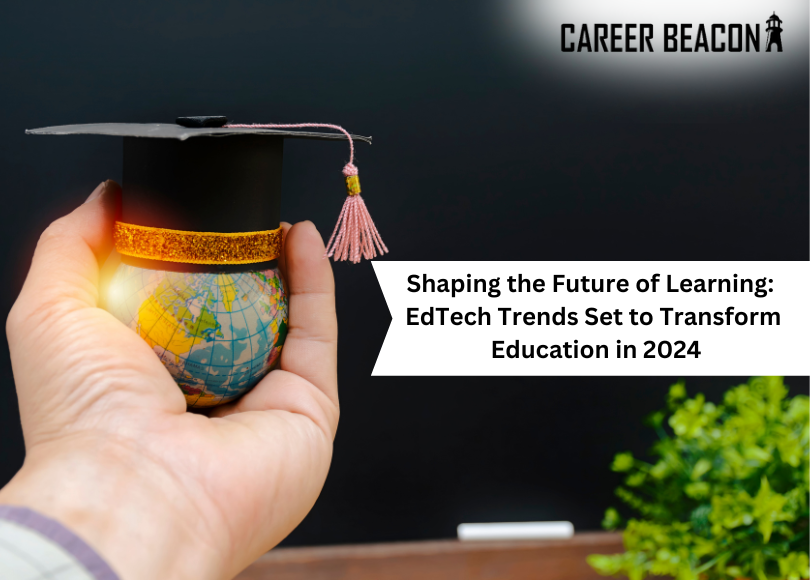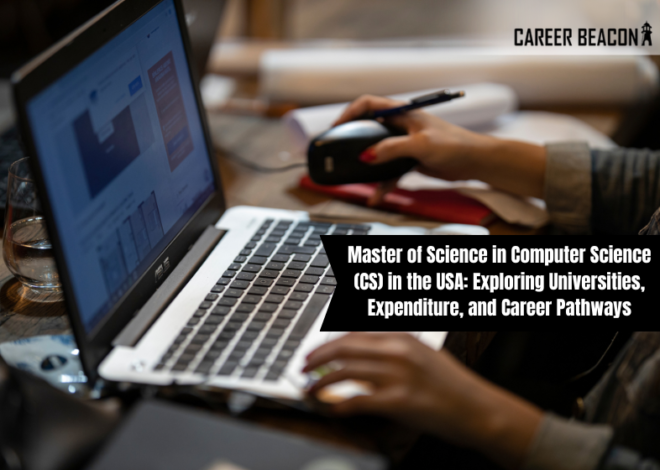
Shaping the Future of Learning: EdTech Trends Set to Transform Education in 2024
The convergence of technology and education goes beyond simply adopting innovation; it involves redefining the future of learning. The EdTech industry has experienced significant growth globally in 2023, reaching $133 billion, and is projected to soar to $433 billion by 2030. This surge has been driven by transformative innovations that are reshaping traditional learning approaches. Looking ahead to 2024, the education sector is poised for groundbreaking changes that will redefine the methods of teaching and learning.
Nano Learning
The contemporary academic landscape, influenced by the preferences of Generation Z, is moving towards concise and engaging learning styles. With shrinking attention spans, students now prefer focused and easily digestible content, such as short videos and podcasts, to efficiently balance depth and efficiency. Consequently, educators are transitioning to interactive and visually appealing formats to meet modern learning preferences and create an inclusive learning environment.
Immersive Learning
The integration of virtual and augmented reality (VR/AR) is set to revolutionize conventional classrooms. Picture students embarking on virtual field trips to historical sites, exploring ocean depths, or engaging in lifelike simulations of organism dissections. These immersive technologies will captivate students in ways traditional teaching methods could hardly achieve.
Quantum Computing
Data holds the potential to transform realities, particularly in education, providing valuable insights into a student’s daily performance. Quantum Computing’s ability to process vast datasets offers unprecedented techniques for individual learning paths and the overall effectiveness of teaching methodologies, revealing patterns and identifying crucial learning gaps.
Gamification of Learning
The educational landscape is experiencing a surge in gamification. When appropriately harnessed, gamification can transform the learning experience by incorporating game-like elements such as badges, leaderboards, and rewards, leading to increased engagement and motivation among learners. Interactive involvement not only makes learning enjoyable but also fosters a sense of active participation and critical thinking.
Blending Virtual and Physical Education
The recent pandemic has fueled the evolution of Learning Management Systems (LMS) to facilitate hybrid learning, seamlessly integrating in-person and virtual learning. Advanced systems will further blur the boundaries between traditional classroom interactions and online resources, empowering teachers to deliver immersive learning experiences across various subjects.
Collaborative Learning Interactions
The future of education will prioritize collaboration and social interaction among students, facilitating group projects, peer-to-peer learning, and global connectivity, mirroring real-world work environments’ collaborative dynamics.
Focus on Mental Wellness
In today’s world, mental health takes center stage in all aspects of life, including academics. EdTech platforms will balance education with resources and tools to support students’ emotional needs in the future. This includes built-in mindfulness exercises, stress-relief techniques, and mental health resources alongside academic offerings.
Blockchain for Security
The introduction of blockchain technology in education will streamline the storage and verification of credentials from various EdTech platforms. Digital certificates and badges stored on a blockchain mechanism will authenticate students, ensuring transparency, security, and easy verification for institutions.
As we approach 2024, the EdTech sector promises an era of transformative changes in the education world. These futuristic trends will make education more accessible, engaging, and effective for the next generation of students everywhere. The fusion of technology and education goes beyond embracing innovation; it is about reshaping the future of learning itself.
Author Monica Malhotra Kandhari
Managing Director, AASOKA & MBD Group

